Dr. Anthony Fauci, the NIH's first director of its office of AIDS research back in 1988, reflects on the long and complicated battle against the HIV/AIDS pandemic and what it was like in NYC when the pandemic was at its height in the late 80s & early 90s.
Make your contribution now and help Gothamist thrive in 2022.Thursday was World AIDS Day. It's dedicated to raising awareness of the HIV/AIDS pandemic and mourning those who have died of the virus and disease. Before he was the director of the National Institute of Allergy and Infectious Diseases, Dr. Anthony Fauci was the National Institute of Health's first director of its office of AIDS research back in 1988.
In general, authorities — with few exceptions — many authorities were slow to recognize the threat of this and were slow to put substantial resources and attention to it. And it took, you know, a lot of effort from the activists and some of us in the scientific community to get proper attention paid and have the country as a whole take this very seriously.
Speaking of other diseases and maybe what you took from in the early days of the AIDS pandemic, one of the saddest things to me is the misinformation about it. How HIV spread, who could get it. Could you talk about those misconceptions or, or maybe how that public messaging experience prepared you for what happened with COVID?
Well, we've got to get outreach to those who are still at risk, usually marginalized populations, and get them to get tested. If they are at risk, they're tested and they're negative, they should be put on pre-exposure prophylaxis. We have excellent drugs for pre-exposure prophylaxis, either a pill a day, or an injection every couple of months. That has a very, very high efficacy, over 95% in preventing you from acquiring HIV.
United States Latest News, United States Headlines
Similar News:You can also read news stories similar to this one that we have collected from other news sources.
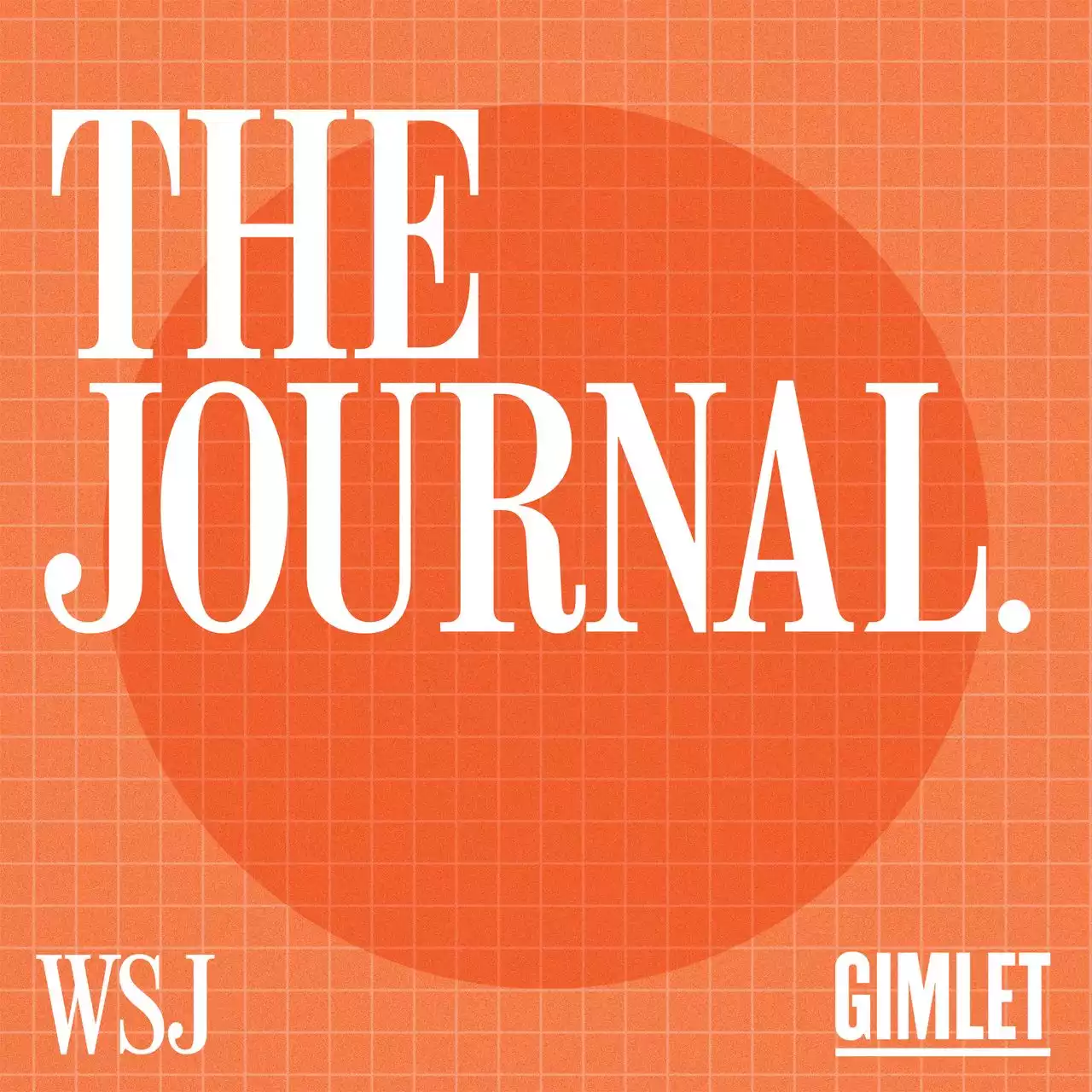 An Exit Interview With Dr. Anthony Fauci - The Journal. - WSJ PodcastsDr. Anthony Fauci - the U.S. Chief Medical Advisor - is retiring after more than 50 years of government service. We speak to him about the biggest challenges in his career and if he believes Covid is behind us. Further Reading -Anthony Fauci to Step Down After More Than 50 Years of Government Service Further Listening -Dr. Anthony Fauci on Omicron and the Covid-19 Stalemate -Anthony Fauci: Delta Variant Has 'Exposed Our Vulnerability'
An Exit Interview With Dr. Anthony Fauci - The Journal. - WSJ PodcastsDr. Anthony Fauci - the U.S. Chief Medical Advisor - is retiring after more than 50 years of government service. We speak to him about the biggest challenges in his career and if he believes Covid is behind us. Further Reading -Anthony Fauci to Step Down After More Than 50 Years of Government Service Further Listening -Dr. Anthony Fauci on Omicron and the Covid-19 Stalemate -Anthony Fauci: Delta Variant Has 'Exposed Our Vulnerability'
Read more »
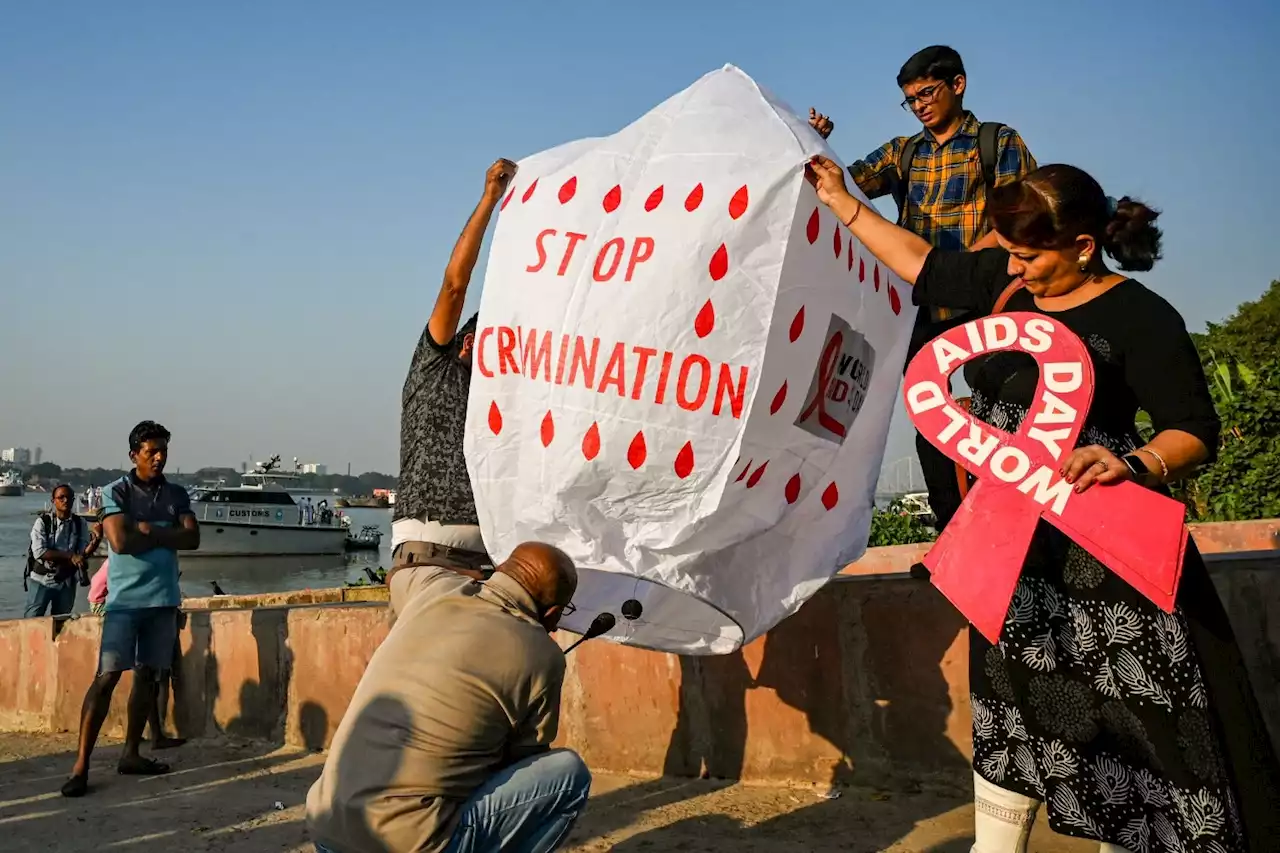 Dr. Fauci on fighting stigmas on infectious diseases, from AIDS to COVIDAccording to NIAID director Anthony Fauci and other public health experts, stigma still haunts patients with HIV/AIDS, long COVID, and other infectious diseases.
Dr. Fauci on fighting stigmas on infectious diseases, from AIDS to COVIDAccording to NIAID director Anthony Fauci and other public health experts, stigma still haunts patients with HIV/AIDS, long COVID, and other infectious diseases.
Read more »
 Key unanswered issues on COVID-19 and Fauci as top doc bids farewellDr. Anthony Fauci is slated to resign his role as President Joe Biden’s chief medical adviser by the end of the year and is giving pre-retirement interviews arguing COVID-19 likely emerged from nature as he offers up some defenses of China.
Key unanswered issues on COVID-19 and Fauci as top doc bids farewellDr. Anthony Fauci is slated to resign his role as President Joe Biden’s chief medical adviser by the end of the year and is giving pre-retirement interviews arguing COVID-19 likely emerged from nature as he offers up some defenses of China.
Read more »
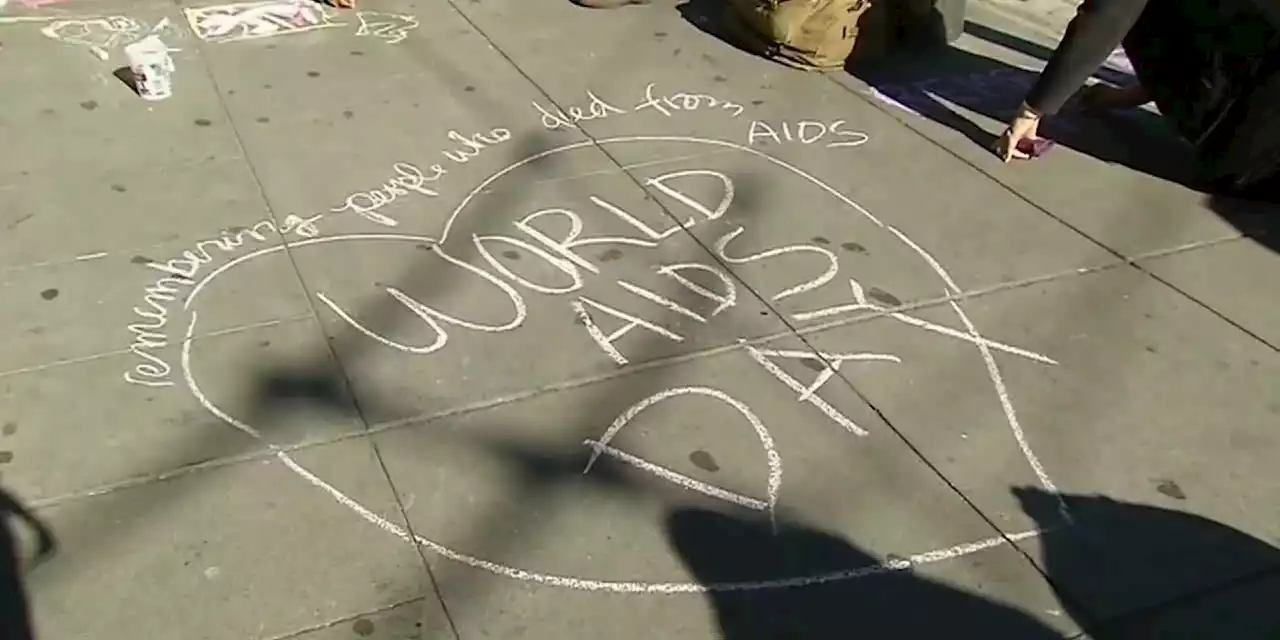 Biden unveils strategy to end HIV, AIDS pandemic as public health threatThe five-year plan will focus on collaboration, addressing equity and discrimination and strengthening public health initiatives.
Biden unveils strategy to end HIV, AIDS pandemic as public health threatThe five-year plan will focus on collaboration, addressing equity and discrimination and strengthening public health initiatives.
Read more »
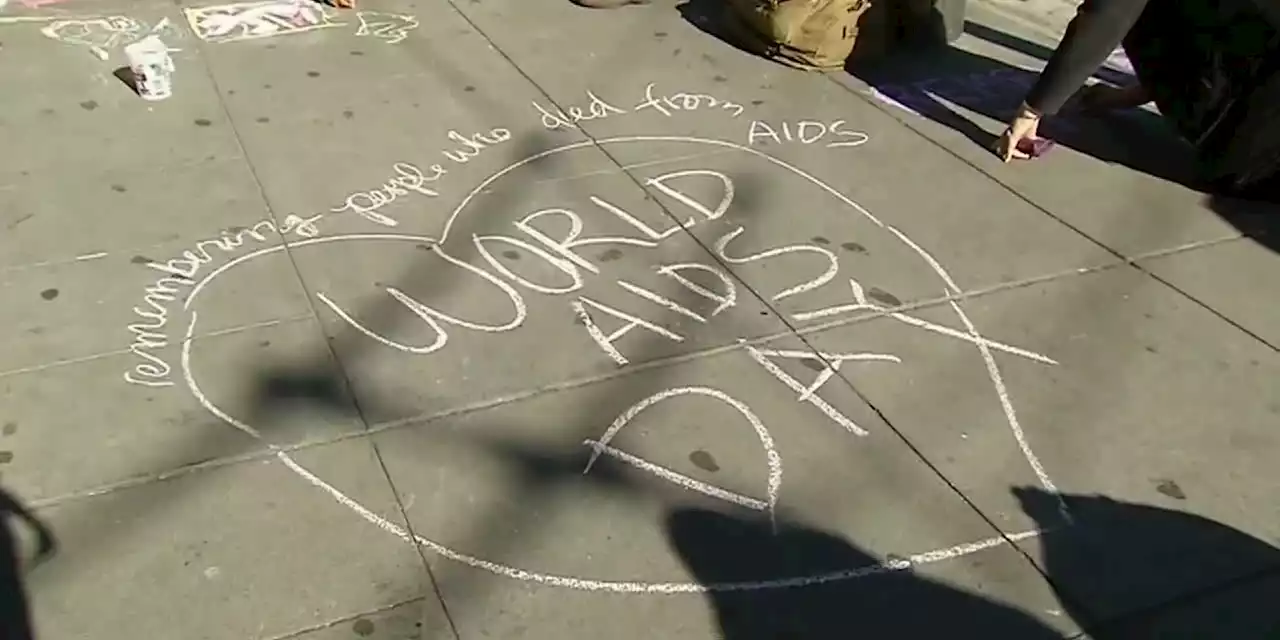 Biden unveils strategy to end HIV, AIDS pandemic as public health threatThe five-year plan will focus on collaboration, addressing equity and discrimination and strengthening public health initiatives.
Biden unveils strategy to end HIV, AIDS pandemic as public health threatThe five-year plan will focus on collaboration, addressing equity and discrimination and strengthening public health initiatives.
Read more »
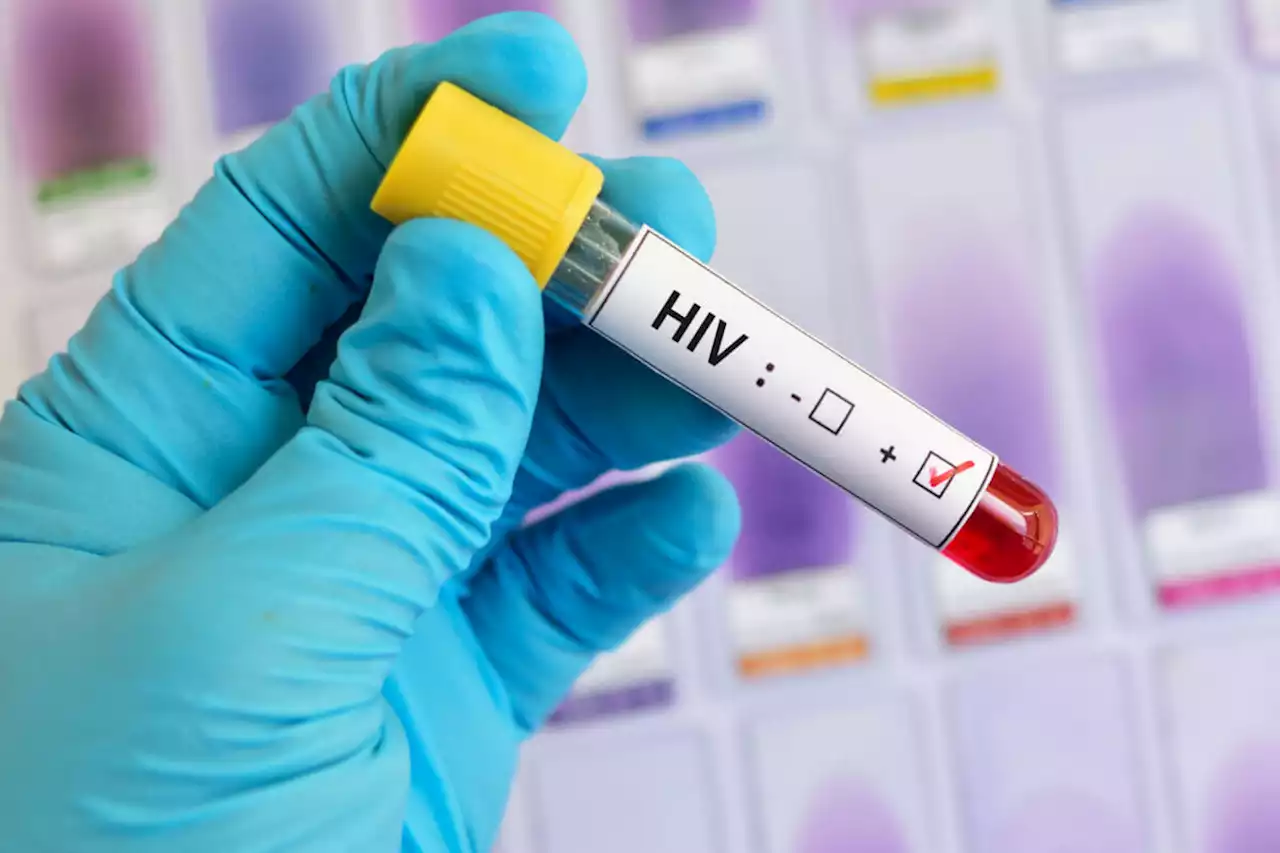 Op-Ed | To eradicate HIV/AIDS, Hochul must support – not cut – safety-net providers | amNewYork'As she prepares to take office as the first elected woman governor in New York's history, Gov. Hochul must repeal the carve-out and prove she is indeed dedicated to protecting those who need her most.'
Op-Ed | To eradicate HIV/AIDS, Hochul must support – not cut – safety-net providers | amNewYork'As she prepares to take office as the first elected woman governor in New York's history, Gov. Hochul must repeal the carve-out and prove she is indeed dedicated to protecting those who need her most.'
Read more »